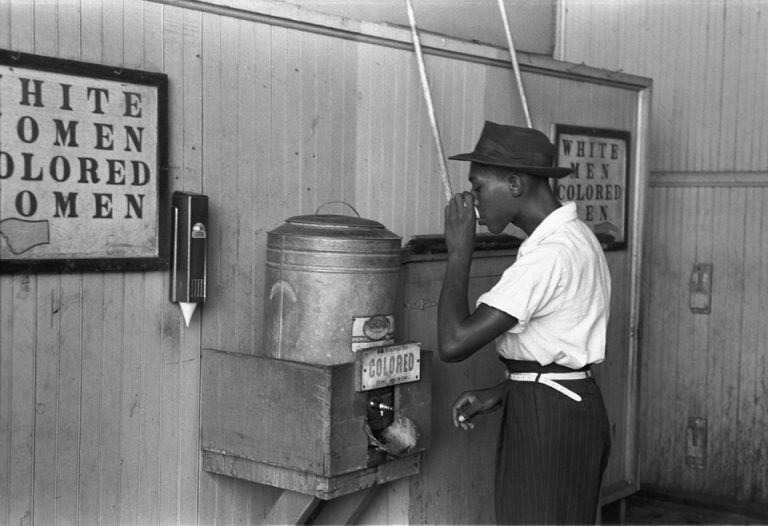Last week a friend and I, who are both African American, were told, “You need to let it go; ‘your’ people need to let it go.”
This was said in response to the discussion about my grandmother, who grew up during the Civil Rights Era, having various experiences that still left her fearful of symbols utilized by white supremacy groups. One of those experiences included times where her father would wake her and her siblings up in the middle of the night and quietly tell them to hide. They would then watch from underneath their beds as their father went outside to bargain with the KKK.
While this person’s reaction is a more extreme case, this is not the first time (nor will it be the last) that someone has told a person of color to “let it go.” For some reason, people have the belief that by letting go of the 400 years of slavery and even more years of injustice and racism, we can move on like Elsa from “Frozen”, as if the cold never bothered us anyway. But it does still bother us today because this country still struggles with reconciling those 400 years of slavery and the lasting effects on our society. So, sashaying away from the very thought of slavery doesn’t solve anyone’s problems; it only perpetuates the issue of racism.
Therefore, in this year of remembering and recognizing the 400 years of slavery, I refuse to let it go and instead choose to acknowledge it in its entirety, because those atrocities still affect the way that black people interact in the world today.
For instance, Joy DeGruy, a researcher and educator who focuses on how racism and trauma interact, suggests that the trauma of slavery has affected and continues to affect black Americans, according to her website. She coined the Post Traumatic Slave Syndrome theory, which explores “the seemingly insurmountable obstacles that African Americans faced as the result of the slave trade.” Within that, she “discusses the adaptive behaviors they developed — both positive and negative — that allowed them to survive and often even thrive.”
Furthermore, the oppression of blacks in America initiated through slavery still persists today, manifesting itself in other forms of prejudice and systemic forms of racism.
Thus if I choose to “let go” of slavery, then I would be letting go of the frustration and annoyance with the current racism that persists both personally and systemically. If I let that go, then I allow complacency and acceptance of racism.
“Complacency is killing us. And together with its counterpart, silence, is a huge barrier to Black social, political and economic justice,” said Los Angeles activist Larry Aubry. “The complacency of the Black community and its leadership is largely based on conditioned self-effacing mindsets.”
Many in the black community publicly minimize their experiences, thus silencing their experiences and unintentionally communicating that those issues do not exist. Thus the silencing of themselves comes as a result of attempting to assimilate into a majority culture that struggles to acknowledge a history that heavily influences black experiences.
“We white people make it so difficult for people of color to talk to us about our inevitable — but often unaware — racist patterns and assumptions,” said Robin DiAngelo, author of “White Fragility.” “People of color working and living in primarily white environments take home way more daily indignities and slights and microaggressions than they bother talking to us about because their experience consistently is that it’s not going to go well. … They’re going to now have to take care of the white person’s upset feelings.”
I, for one, will not let it go. Instead, I will be intentional about remembering and continually educating myself on those 400 years. Those 400 years of slavery cannot be streamlined into a single section found in our whitewashed history books. Instead, those 400 years contain millions of stories featuring millions of people who were viciously abused and stripped of their humanity simply because of the color of their skin. The aftermath of those 400 years continues to persist in how we perceive and understand black and brown people, so we must never forget. If we begin to “let it go,” then we allow a cycle of acceptance to remain in our discrimination of people of color.




